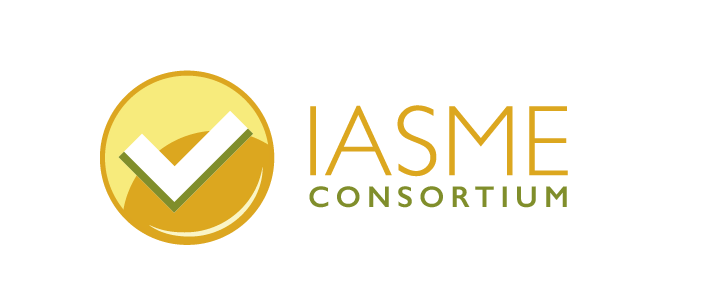LPI Fellow, Myles Runham writes:
When we decided to host a conversation about product management in learning, we were unsure whether people would join us and if we would have much to say to each other. So, it was gratifying to be joined by a smart, curious, experienced and voluble group last week. It was a busy chat and my notes are poorer for that, but here are some observations from recollection.
As good a time as any
It has always been the right time for product management in learning. As someone who has pursued the theme for a number of years it seemed, at points, as if there was little interest. I wonder now whether this is a language problem. L&D vernacular fixes on designing, making and hosting learning, none of which is possible. Product management, as we discussed, centres on creating, refining and sustaining tools (products) which help people learn – we can’t make the learning. The benefits of the approach, used so widely across the digital world, were lost in this characterisation. Hence, the value in focusing on products for learning rather than learning products. A subtle but valuable distinction.
Mindset trumps job title every time
Our discussion around roles and mindset was particularly interesting and useful. In many teams there is no scope to add a new role and should there be, the organisation does not always allow for a Product Manager title in the L&D team. The real value is in the mindset and ways of working. Whatever we call ourselves, the benefits of user focus, experimentation, iterations of roadmap stages and evidence base evaluation are evident to all.
How these product management characteristics interact with others of the learning team, such as design and consulting, we found to be rich territory. So, there is likely to be a further conversation on this topic, exploring the activities and capabilities of a team that is employing product management approaches. There are as many solutions as there are teams and there is plenty for us to learn from each other here.
One size will only fit one size
Dropping a product manager into an L&D team to manage everything is not a favoured approach. Focus is the key, with the responsibilities taken in regard to a particular product or need. For some, this is a case of applying product management principles to a discrete tool or product. For others, it is a consideration of particular experiences which are repeatable and can form a lifecycle. So, a product manager for induction might join one for leadership in a team. Audience focus also support gathering around people segments, which might be a functional area or certain clusters of skills. Whilst one product manager size does not fit all, the principles, approaches and ways of working do.
Less really is more
One of the most challenging responsibilities of the product manager can be turning things off. Central to the notion of a product life cycle is that consistent decline in value is followed by an ending. A great place to start in analysing value and acting in user interest is taking way unused content and products. We all had stories of rafts of unused and undiscoverable content (what is it with L&D that impels this content creation reflex?) and we all shared the pleasure in turning it off. In my mind, this is like a trip to the town dump. Dropping a car load of unused and clearly unloved belongings from the garden shed and loft is great therapy. Workplaces deserve the same respect.
So, as I said, a further conversation is brewing. That theme of team characteristics and capabilities around managing products for learning is a likely focus. We are open to other suggestions too, of course, so let us know.
About the author – Myles Runham:
Myles is an experienced senior leader in both learning services and digital business, having worked in around the internet for 20 years. He has a track record for strategy development and delivery in a variety of digital services, taking ideas from inception, through business case and into launch and operational management.
A deep understanding of digital business and product management is coupled with extensive practical knowledge of managing and leading learning teams across technology, content, product and design functions. This is evidenced in both strategic and practical advice on how to adopt user experience thinking, agile development and product development techniques for learning and development teams, bringing digital thinking to life for senior stakeholders and teams on the ground.
His experience combines more recent leadership roles in learning and learning technology with managerial roles across a variety of disciplines. This history includes roles as the Head of Digital for the BBC Academy, Managing Director of Ask.com Europe (AKA Ask Jeeves) and Head of Interactive Learning for BBC education services, across television, radio and online content and products.
Myles is an LPI consultant – click here to find out more
Connect with Myles on LinkedIn










Leave A Comment